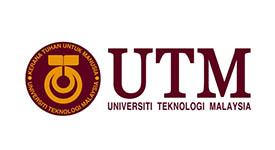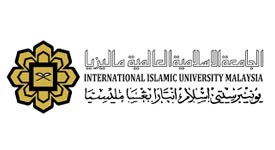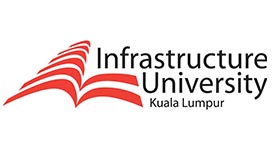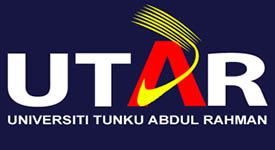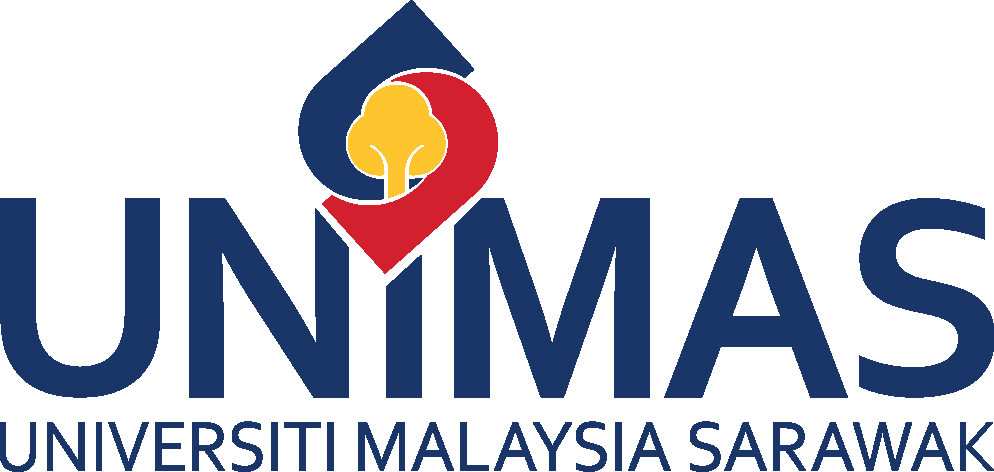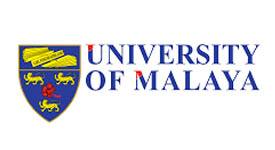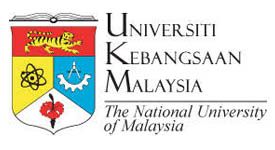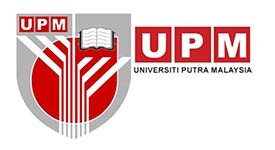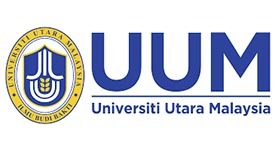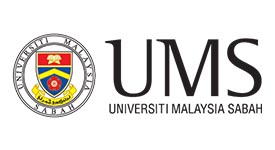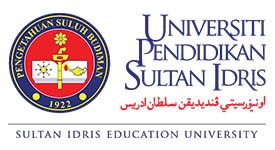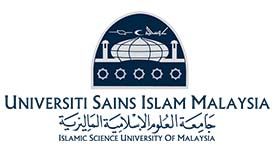Overview of Bachelor of Quantity Surveying in Universiti Teknologi
Malaysia
Project development is an investment that involves considerable sum of money and time. Clients will expect their project to generate values from their investment. They also expect value for money from their projects which involve the element of time, cost and quality. These objectives can be achieved through technical knowledge and professional competency, economics evaluation, effective cost management and selection of appropriate construction procurement with efficient and effective contract management. The role of quantity surveyors through their education, training and experience will contribute to the effective management of construction cost, project procurement and contract administration as well as giving advice on development economics and contractual matters.
The programme has been designed to offer graduates the opportunity to operate within the existing framework of the Quantity Surveying discipline, the construction industry and related fields. At a personal level, the graduate will be stimulated to adopt a professional and ethical approach that will allow personal development, foster self-respect and improve career aspirations.
Programme Educational Objectives
| PEO1 |
To provide graduates with solid foundation in management and technical knowledge, skills and capabilities in the field of Quantity Surveying. |
| PEO2 |
To produce graduates who are effective problem solver, knowledgeable in applying logical, critical and creative thinking to a range of problems. |
| PEO3 |
To provide graduates with a board knowledge, leadership and managerial skills which are necessary for the effective delivery of construction projects. |
| PEO4 |
To produce graduates capable of executing their responsibilities with professionalism and capable of lifelong learning in the pursuit of personal development and betterment of society. |
| PEO4 |
To provide graduate with basic communication skill, lead effectively and able to work collaboratively in multidisciplinary team. |
Programme Learning Outcomes
|
PO1
|
Ability to acquire knowledge and understanding of quantity surveying and related knowledge and practices |
|
PO2
|
Ability to apply the theories and practices of building economics, construction measurement, construction procurements and contracts, construction technology, and professional practices |
|
PO3
|
Ability to think critically and use scientific approach to solve quantity surveying related problems |
|
PO4
|
Ability to communicate effectively with confidence orally, visually and in written form |
|
PO5
|
Ability to establish responsible interpersonal and intrapersonal relationship with good team working spirit |
|
PO6
|
Ability to apply high ethical and moral standards in professional practices and social interaction |
|
PO7
|
Ability to seek information and accept new ideas, and learn independently |
|
PO8
|
Ability to use knowledge and managerial skills to identify potential business opportunities |
|
PO9
|
Ability to demonstrate leadership skills and pro-activeness |
The programme is delivered using a variety of approaches, in general, the programme is realised based on the following approaches:
1. Lectures and Tutorials
Lectures comprise a discourse in which the lecturers provide the theoretical framework, principles and materials on the various subject matters and their application in practice. Visual aids will be used as appropriate. Students will be encouraged to ask questions and short discussions will be carried out within the context of the lectures.
Tutorials are carried out to provide students with the opportunity to deepen their knowledge and understanding on the subject matter acquired during lectures. In tutorial periods, students will be able to identify problems among themselves or with their lecturers and tutors. Students will also work on questions or assignments either individually or in groups under the supervision of the lecturers or tutors.
2. Studios
Studios provide students with the means to improve their knowledge and understanding of the courses taught in lectures as well as to develop their skills ad competencies through the practical application of the theoretical knowledge on given problems or projects. Studio based courses are such as those under the measurement and documentation group. During studio sessions, the course lecturers, in collaboration with lecturers of related courses will provide a simulated or real-life project for the students to work on. Students will be divided into groups of 10-15 students and a tutor will be assigned to each group. Studios are also aimed at developing students’ ability to work in groups, communicate effectively and develop problem solving ability.
3. Laboratory and Field Works
Laboratory and field work will supplement the lecture materials of appropriate courses.
4. Problem Based Learning (PBL)
Problem Based Learning is a very important component of teaching and learning process. PBL is implemented in a number of courses in this programme. This teaching and learning approach helps students to reinforce their understanding on the course content.
5. Industrial Training
All third year students are required to undergo a twenty four week Industrial Training at Quantity Surveying establishments establishments of their choice. At the end of the training, students are required to submit an Industrial Training Report to the Department for assessment purposes.
6. Academic Visit
The programme will include visits to various organizations and sites related to the profession and the construction industry. Besides these visits, students are also encouraged to have visits meant to develop their social and moral standings.
7. Undergraduate Project
A final year student is required to undertake a study in an area or specialised field of quantity surveying. The product of the study is an academic writing and an oral presentation. The academic writing must follow guidelines and format requirements set by the department and university. each student is supervised by a lecturer throughout the study.
Student Academic Assessment
A variety of assessment methods are used to match the learning outcomes of programme and students learning styles.
- Examinations, tests and quizzes are valueable methods for assessing breadth of knowledge.
- Written assignments are used to assess not only factual and theoretical knowledge but also the ability to solve problems and articulate an argument – key transferable skills. In the final semesters of the programme, a greater emphasis is placed upon the analysis, synthesis and evaluation of materials.
- Case study analyses and presentations to assess reasoning skills and ability to apply learned material to real-life situations.
- Design projects, reports and work samples to assess competence in practical skills and techniques.
- Poster and oral presentations, video production to assess communication and presentation skills.
- Seminar papers and critical reviews to assess ability to analyse and synthesis information.
- Project work assesses ability to work independently and collaboratively, search and critically review relevant literature and present findings in an academic manner in both written and verbal form.
- Evidence based industrial training reports to document the students’ performance in professional placement.
- Online assessments, including self-tests, quizzes and surveys.
ENTRY REQUIREMENTS
A Malaysian Higher School Certificate (STPM) holders will be required to fullfill the General University requirements as below ;
?A pass with credit in Bahasa Melayu/ Bahasa Malaysia at SPM level
?A pass in Malaysian Higher School Certificate (STPM) with at least C grade (CGPA 2.00) in General Paper and C grade (CGPA 2.00) in any two of the taken subjects in the STPM
?Attained a minimum Band 2 in Malaysian University English Test (MUET)
A Malaysian Higher Religious Certificate (STAM) holders will be required to fullfill the General University requirements as below ;
?A pass with credit in Bahasa Melayu/ Bahasa Malaysia at SPM level
?A pass in STAM Qualification for at least Jayyid level
?Attained a minimum Band 2 in Malaysian University English Test (MUET)
A Matric and Asasi holders will be required to fullfill the General University requirements as below ;
?A pass with credit in Bahasa Melayu/ Bahasa Malaysia at SPM level
?A pass in Malaysian Matriculation Certificate / Foundation with minimum CGPA of 2.00
?Attained a minimum Band 2 in Malaysian University English Test (MUET)
-
A – LEVEL / IB / AUSMAT Holders
A A-Level / IB / Ausmat holders will be required to fullfill the General University requirements as below ;
?A pass with credit in Bahasa Melayu/Bahasa Malaysia at SPM level / Equivalent
?Hold A – Level / International Baccalaureate / Australian Matriculation (Ausmat) Certificate
?Attained a minimum Band 2 in Malaysian University English Test (MUET)/ Band 5.5 in IELTS/ Score of 500 in TOEFL PBT/ Score of 59 in TOEFL IBT
A Diploma holders will be required to fullfill the General University requirements as below ;
?A pass with credit in Bahasa Melayu/ Bahasa Malaysia at SPM level
?Hold Diploma / Equivalent recognized by Malaysian government and approved by the University Senate or a pass in Malaysian Higher School Certificate (STPM) with at least C Grade (CGPA 2.00) in General Paper and C Grade (CGPA 2.00) in any two of the taken subject in the STPM
?Attained a minimum Band 2 in Malaysian University English Test (MUET)
-
DIPLOMA VOKASIONAL Holders
A Diploma Vokasional holders will be required to fullfill the General University requirements as below ;
?Hold Sijil Vokasional Malaysia (SVM) equivalent to Sijil Pelajaran Malaysia (SPM) with at least Academic PNGK 2.00, at least PNGK 2.67 and competent vokasional modules and credit in Bahasa Melayu SVM kod 1104
?Hold Diploma Vokasional recognized by Malaysian government and approved by the University Senate
?Attained a minimum Band 2 in Malaysian University English Test (MUET)
The general minimum entry requirements into a Bachelor’s Degree Programme are as follows:
? A Senior High School Certificate/Senior Secondary School/other equivalent pre-university qualifications from government schools (with a period of at least 12 years of study from primary to higher secondary) ;
OR
General Certificate of Education (GCE) ‘A’ Level , Diploma in related field or other equivalent pre-university examinations;
OR
Other certificates recognized by the Senate of the University as equivalent to the above;
AND
Specific requirements based on programmes;
AND
? English language requirement
1. A minimum score of 500 in the Test of English as a Foreign Language (TOEFL) (or TOEFL (IBT) > 59) or;
2. An overall band score of 5.5 in IELTS (Academic) or;
3. An overall band score of 5.5 in TEEP (UTMSPACE) or;
4. An overall band score of 3 in MUET (STPM holder) or;
5. Completion of ELS Certified Intensive English Programme (CIEP) Level 107 or higher.
CAREER PROSPECTS
Graduates of the programme can work as:
- Quantity Surveyors
- Construction Contract Managers
- Construction Project Managers and other equal and relevant posts in the construction industry
